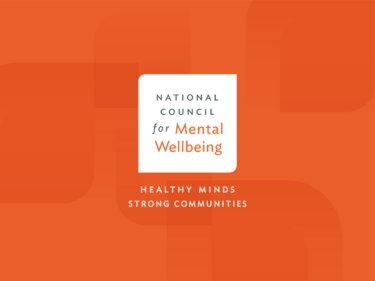Integrating People with Lived and Living Experience into Overdose Prevention and Response Programs
In overdose prevention efforts, involving people with living and lived experience (PWLLE) of substance use is invaluable. PWLLE bring crucial insights into the complexities of substance use and recovery, enhancing empathy and effectiveness in prevention strategies. Communities of people who use drugs (PWUD) have pioneered impactful harm reduction practices, emphasizing the importance of grassroots approaches. Integrating PWLLE can address unique needs and improve program efficacy. However, engaging PWLLE can be challenging, particularly in resource-limited areas.
This guide offers strategies to integrate PWLLE into overdose prevention programs, featuring examples like overdose spike response and overdose fatality reviews. This collaborative approach — where all affected community members, including PWLLE and PWUD, can contribute their knowledge and skills to better address the overdose crisis — can lead to more effective solutions to this complex issue, improving community relations and ultimately reducing overdose.
This work is supported by the Centers for Disease Control and Prevention (CDC) of the U.S. Department of Health and Human Services (HHS) as part of a financial assistance award totaling $400,000 with 100% funding by CDC/HHS. The contents are those of the author(s) and do not necessarily represent the official views of, nor an endorsement, by CDC/HHS, or the U.S. government.

